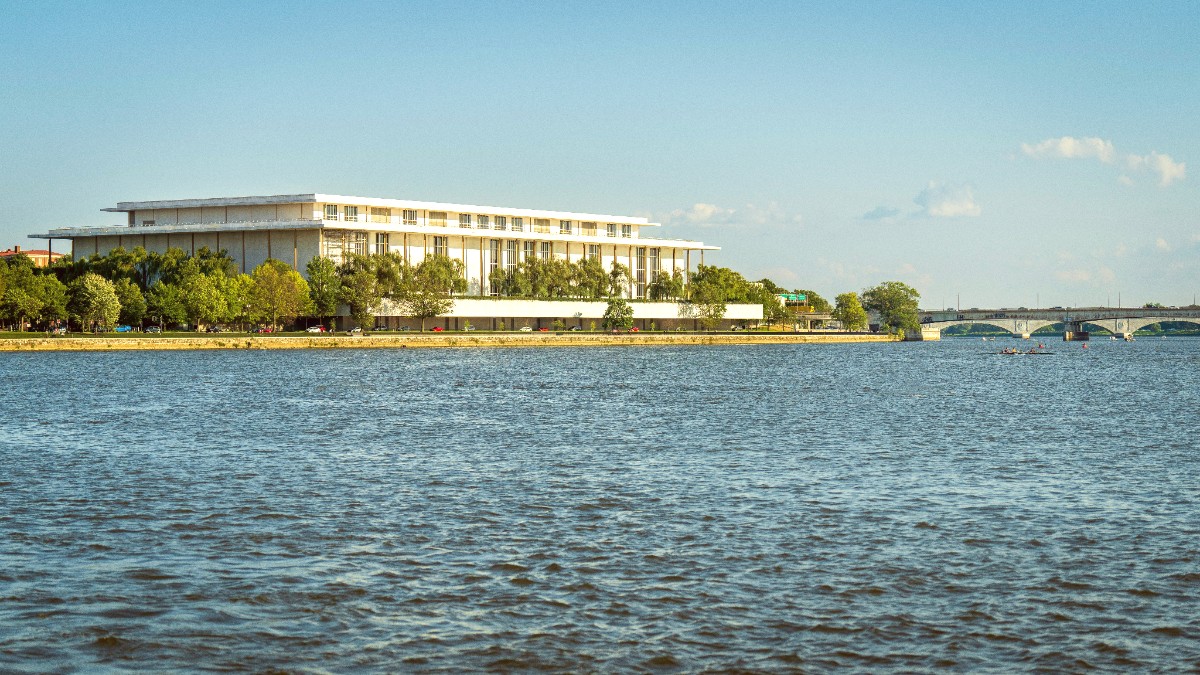
Virginia, USA
Major U.S. mobile carriers include Verizon, AT&T, and T-Mobile. International travelers can purchase prepaid SIM cards from these providers or from stores like Walmart or Best Buy. Many newer smartphones support ESIM, allowing activation without a physical SIM. Portable WiFi devices are also available from providers like Solis Wi-Fi.
Shops generally operate from 10 AM to 6 PM or 7 PM, with extended hours on weekends. Restaurants have typical breakfast (7 AM - 10 AM), lunch (11:30 AM - 2:30 PM), and dinner (5 PM - 10 PM or later) hours. Banks are open weekdays from 9 AM - 5 PM. ATMs are widely available.
A handshake is common for introductions. Eye contact is generally expected during conversation. Casual attire is suitable for most public settings; smart casual for evenings. Tipping is customary and expected for service staff.
U.S. Cities adhere to the Americans with Disabilities Act (ADA), which directs public buildings, transportation, and many private businesses to be accessible. This means ramps, elevators, and wide doorways are common.
For a comfortable experience in Old Town, wearing shoes with good support is advised, as cobblestones can be uneven.
Minimize your ecological footprint while exploring Alexandria.
Utilize public recycling bins. Separate waste into designated containers. Carry a reusable water bottle and shopping bag to reduce waste. Practice water conservation during your stay.
Dyke Marsh Wildlife Preserve is a protected area. Stay on designated trails. Support organizations dedicated to the conservation of the Potomac River and its ecosystems.
Prioritize spending at locally owned and independent shops, restaurants, and tour companies in Old Town and other neighborhoods. This supports local jobs.
Minimize your footprint through conscious choices.
Support local artisans and ethical practices.
Before your trip, a basic understanding of Alexandria's history, including its African American history and Civil War involvement, deepens your appreciation for the city's complex past.
Support conservation through organizations like The Rainforest Site (GreaterGood).
Further considerations for a mindful and enriching visit.
Engage respectfully with Alexandria's history, culture, and residents.
Ensure your visit provides positive economic benefits to the local community.
Make informed contributions if you choose to give.
Ensure your purchases align with ethical standards.
An initial study of Alexandria's history, including its African American history and Civil War involvement, provides context for your visit.
Principles for respectful and beneficial travel.
Cultural preservation efforts are visible throughout Alexandria. Supporting local museums, historic sites, and preservation societies aids in maintaining the city's rich history and architectural heritage.
Supporting conservation initiatives minimizes your environmental footprint. Dyke Marsh Wildlife Preserve is a protected area, for instance. Stay on designated trails when visiting.
Ensure your visit provides positive economic benefits to the local community.
Engage respectfully with Alexandria's history and people.
Prioritize items made by local craftspeople.
Seek out products that are ethically sourced.
Participate in activities directly benefiting local communities.
An initial study of Alexandria's complex history deepens your appreciation for the city's past.